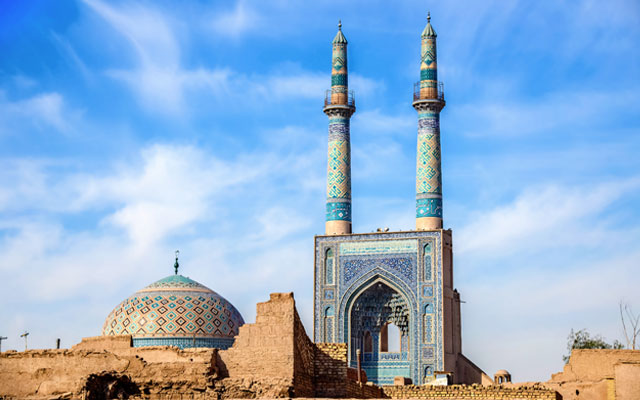Terror threats and security concerns are having a bigger bearing on choice of incentive destinations today, buyers at IT&CMA said.

Terror threats and security concerns are having a bigger bearing on choice of incentive destinations today, buyers at IT&CMA said.
Bernd Maesse, managing director of MaesseMarketingConsulting based in Cologne, said over 50 per cent of his incentive clients today are more sensitised to safety concerns such as terror attacks, altbough the effect varies depending on the sector. Pharmaceutical companies for example are more guided by safety fears compared to the automobile sector, where factors such as where companies do overseas business with also determine the incentive destination.

He said Turkey and Egypt are no longer the hot destinations they once were for his clients.
“Once the government issues a travel advisory about a particular destination, clients will avoid the destination because they will not be covered by insurance,” he added.
However, Kuala Lumpur-based Prestige Vacation Network managing director, Terence Chew, said his incentive clients are avoiding countries such as Myanmar, the UK, Paris and Belgium due to safety concerns – even without official travel warnings.
In such cases, clients tend to either be advised by Prestige, which relies on ground operators for information, or make up their own minds.
Jonathan Tran, executive director of Lac Hong Voyages, Vietnam, said that the foremost considerations when choosing a destination for incentive and corporate meetings are budget, safety and then facilities.
Unrest in certain areas in the Philippines is affecting domestic buyers too. Jobelle Co Lim, general manager of Belle Horizon Travel Ventures, said some Filipino clients are avoiding Mindanao and choosing destinations perceived to be safer, such as Singapore, Japan and South Korea.
Despite sharing Tran’s observation that security tends to be a secondary priority to budget, Anthenie Leonardo, branch manager of FCM Travel Solutions, said: “News has huge impact on (choice of) destination, for instance the Marawi incident, a number of (local) incentive groups were cancelled.”
However, in particular cases, conferences attract more participants when held in areas in tumult.
Joe Calstas, director general, board member of the Geneva-based Institute of Journalism and Communication, said decisions to hold conferences in a particular country are based on their relevancy to current issues, and participation tends to not been impacted by safety concerns. Citing an example, he said the Nuclear Accord: Great Step Towards Respect and Stability conference which took place in Iran in 2015 attracted 107 delegates, more than was anticipated. Similarly in 2015, a conference in Istanbul with content on the Middle East attracted 739 delegates, again exceeding the expected turnout.
Additional reporting by S Puvaneswary




















